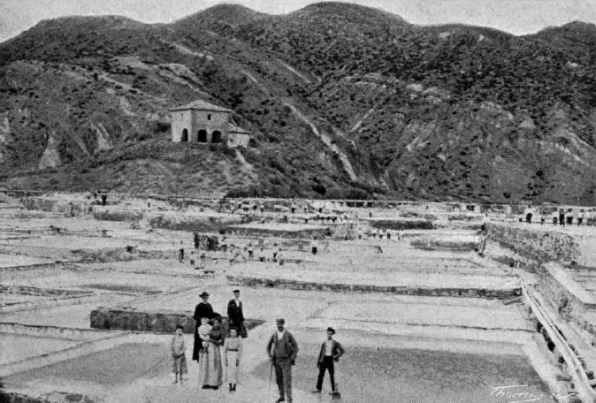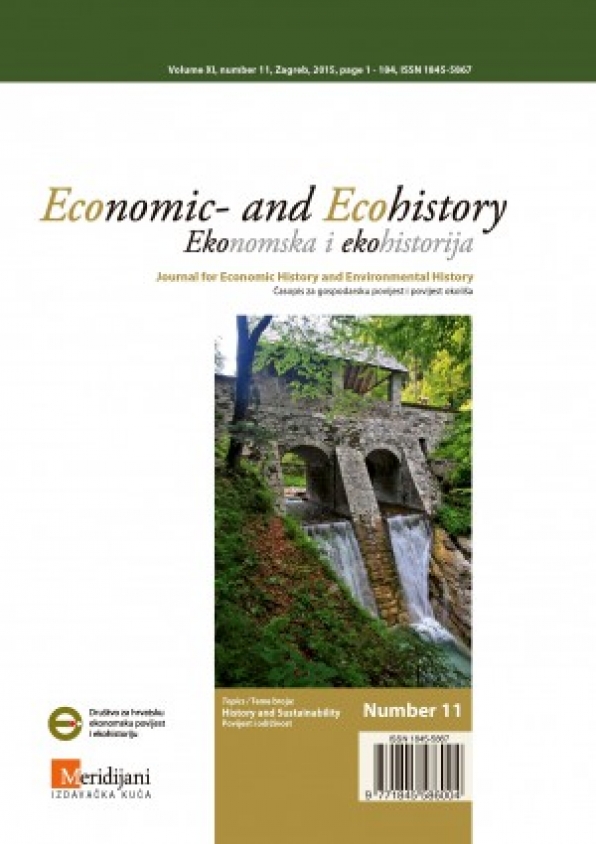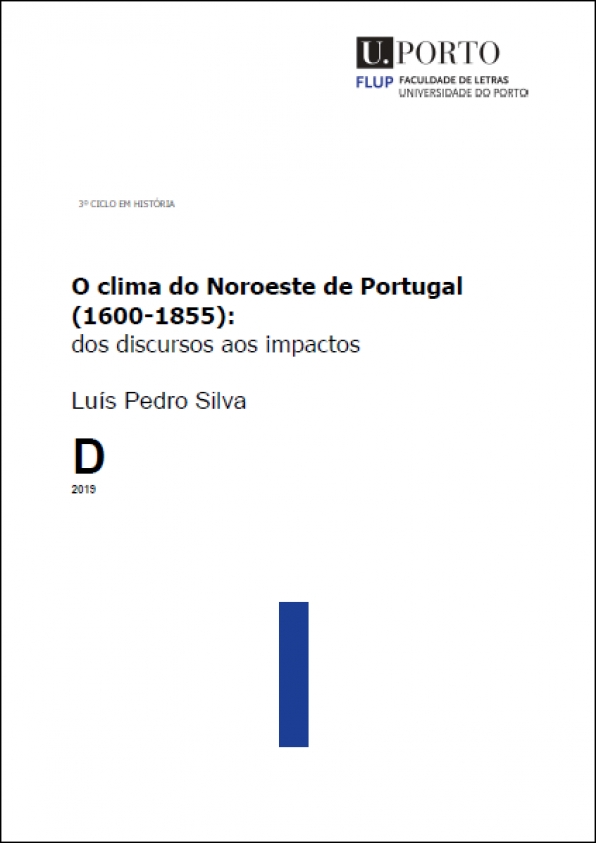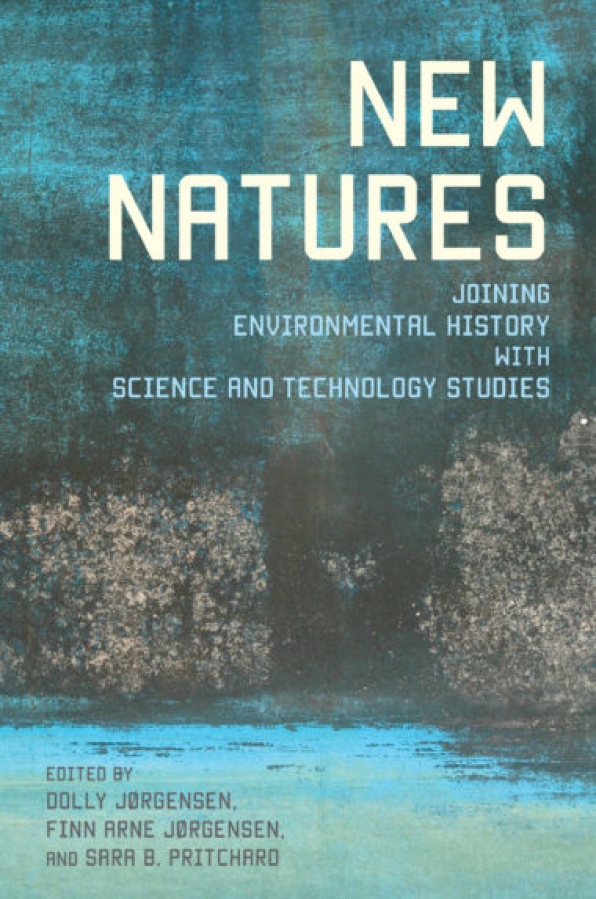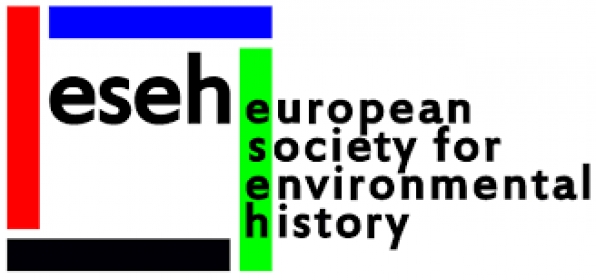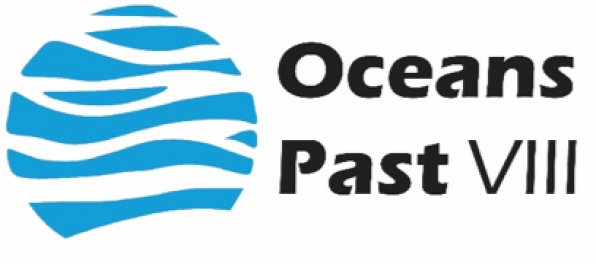News
CfP: Historical Climatology in the Context of Human and Environmental History of the South-Eastern Europe, the Carpathian Basin and the Eastern Alps
- Published in News
The journal Economic and Ecohistory opened the call for papers for its 2020 special issue Historical Climatology in the Context of Human and Environmental History of the South-Eastern Europe, the Carpathian Basin and the Eastern Alps. We kindly ask all potential authors to have a look at the attachment. Please inform the editors that you plan to contribute by early October 2019, deadline for submission of complete manuscripts is 1 April 2020.
For more information see: http://eseh.org/wp-content/uploads/EEH-Call-for-papers-2020.pdf
Faculty Careers at IU: Asst, Assoc, Full Professor, History, US Environmental History Professor
- Published in News
Below you will find the details for the position including any supplementary documentation and questions you should review before applying for the opening.
New PhD thesis on Historical Climatology
- Published in News
Friday, June 21 2019, PhD-student and REPORT(H)A member Luís Pedro Silva defended his PhD-thesis "O clima do Noroeste de Portugal (1600-1855): dos discursos aos impactos / The climate of Northwest Portugal (1600-1855): from discourses to impacts" at the Faculty of Arts and Humanities of University of Porto.
This PhD-project, supervised by professor Inês Amorim and professor João Garcia, targeted the following aims:
- identify the main temperature and rainfall anomalies occurred in the Northwest Portugal, between 1600-1855;
- to assess the impact of meteorological/climatic disturbances on different environmental, economic, social and cultural processes in the region;
- explore the images and social representations built around this type of phenomena.
URL to full text:
New book: New Natures - Joining Environmental History with Science and Technology Studies
- Published in News
New Natures
Joining Environmental History with Science and Technology Studies
Edited By Dolly Jørgensen, Finn Arne Jorgensen, Sara B. Pritchard
With the contribution of Tiago Saraiva (ICS), REPORT(H)A member.
New Natures broadens the dialogue between the disciplines of science and technology studies (STS) and environmental history in hopes of deepening and even transforming understandings of human-nature interactions. The volume presents richly developed historical studies that explicitly engage with key STS theories, offering models for how these theories can help crystallize central lessons from empirical histories, facilitate comparative analysis, and provide a language for complicated historical phenomena. Overall, the collection exemplifies the fruitfulness of cross-disciplinary thinking.
The chapters follow three central themes: ways of knowing, or how knowledge is produced and how this mediates our understanding of the environment; constructions of environmental expertise, showing how expertise is evaluated according to categories, categorization, hierarchies, and the power afforded to expertise; and lastly, an analysis of networks, mobilities, and boundaries, demonstrating how knowledge is both diffused and constrained and what this means for humans and the environment.
Contributors explore these themes by discussing a wide array of topics, including farming, forestry, indigenous land management, ecological science, pollution, trade, energy, and outer space, among others. The epilogue, by the eminent environmental historian Sverker Sörlin, views the deep entanglements of humans and nature in contemporary urbanity and argues we should preserve this relationship in the future. Additionally, the volume looks to extend the valuable conversation between STS and environmental history to wider communities that include policy makers and other stakeholders, as many of the issues raised can inform future courses of action.
More information: https://upittpress.org/books/9780822962427/
Table of contents: https://upittpress.org/wp-content/uploads/2019/07/9780822962427toc.pdf
The new ESEH Board for 2019-2021 elected at the ESEH 2019 Conference
- Published in News
The ESEH 2019 Conference is over! It was a great organization, by a wonderful team of KAJAK - Estonian Centre for Environmental History
The new ESEH Board for 2019-2021 elected at the Conference! http://eseh.org/about-eseh/board/
CFP: Flows and Floods: Changing Environments and Cultures
- Published in News
Flows and Floods: Changing Environments and Cultures
An Interdisciplinary Conference at the University of Warwick
Saturday 22nd February 2020
Keynote Address: Profs. Dominic Boyer and Cymene Howe (Rice University)
Funded by the Humanities Research Centre (HRC)
Call for Papers Deadline: Nov 1st, 2019
For more information see https://warwick.ac.uk/fac/arts/hrc/confs/ff/
Oceans Past VIII Conference
- Published in News
Historical perspectives on marine ecosystems, fisheries, and futures
The Next Oceans Past Conference will take place May 10th to 13th, 2020
VLIZ, Ostend, Belgium
Invitation: The conference welcomes researchers, practitioners, policy-makers and students of all disciplines under the unifying view of our oceans as networks of social-ecological or coupled human-nature systems. Presentations are encouraged that explore large-scale and long-term case studies highlighting dynamic changes and interactions in past marine ecosystems, the impacts and legacy effects of human activities on them, the sustainability of iterative or co-evolutionary relationships and, where possible, likely future directions and management implications. If you have an interest in the history of human interactions with life in the ocean and implications for policy and management, sign up now to attend OP VIII in 2020!
Deadline for paper submission: 15 November 2019

